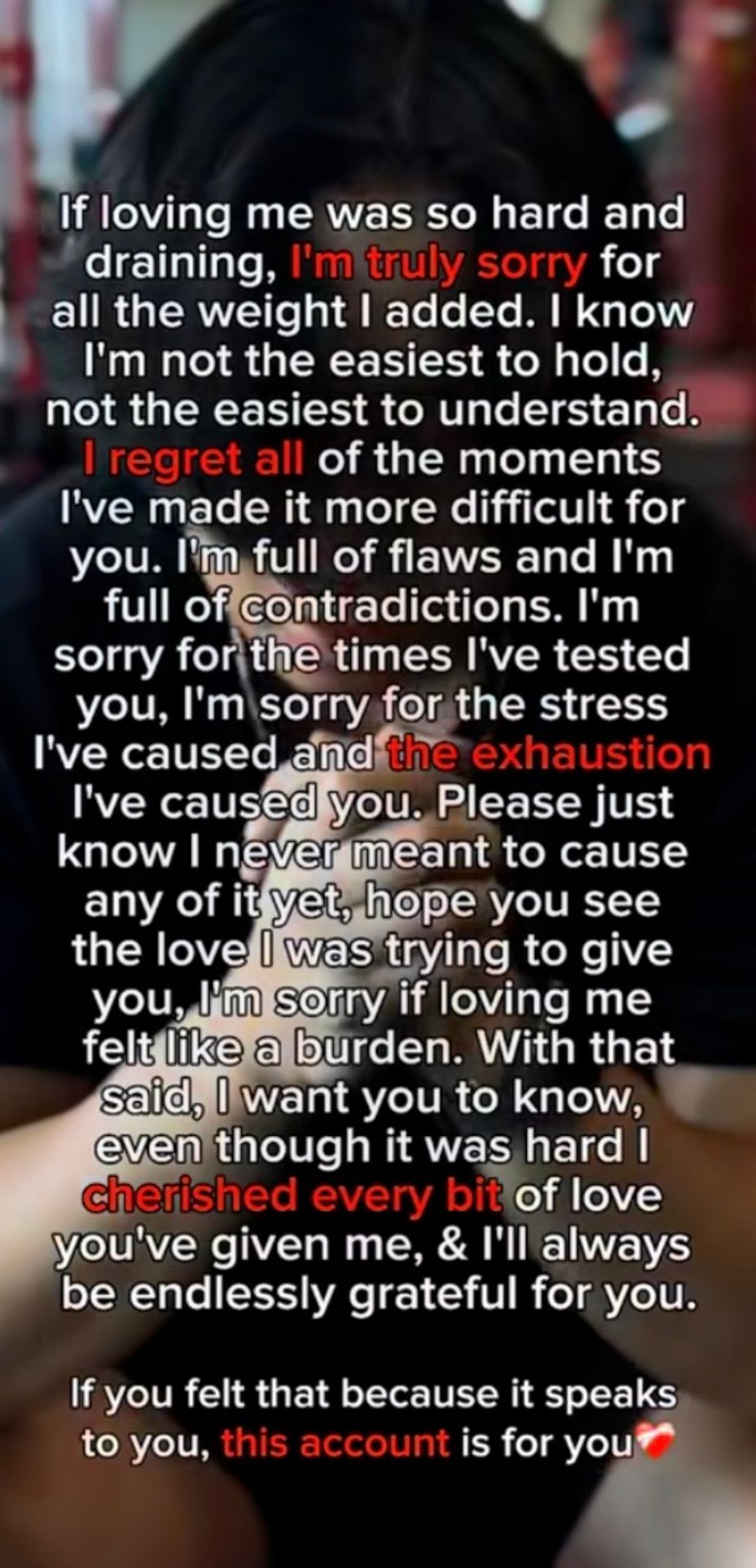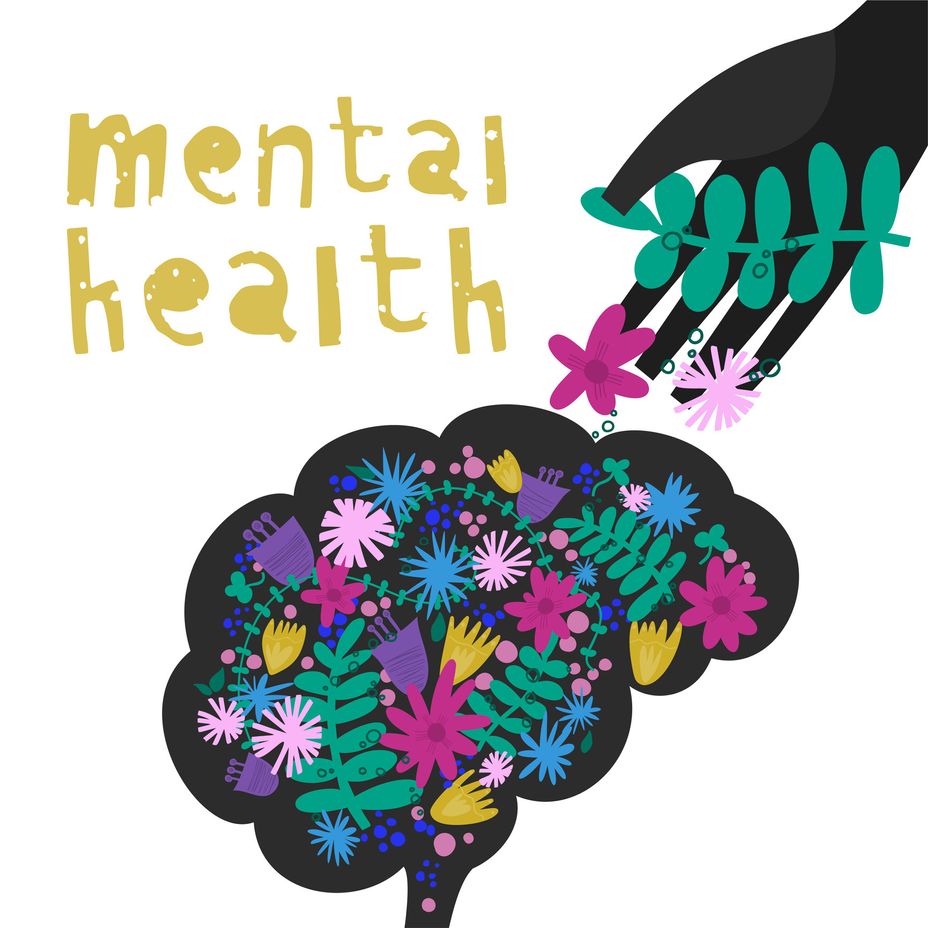Part 1 of 2 In this article, you’ll find practical ideas to help you:
Understand the biggest needs of someone suffering from alcoholism
Distinguish between helping vs enabling
Encourage a loved one to seek treatment
Before discussing this topic in detail, it’s important for you to understand a hard truth about having a loved one suffering from alcoholism: It is not within your power to fix or cure this person. Recovery requires cooperation on the part of the person dependent on alcohol, a decision that things need to change radically. Once someone has become addicted, the goal of “cutting down” on alcohol is a lie that often enables the person to continue alcohol abuse and all its painful consequences. Accordingly, breaking addiction begins when a person recognizes his or her alcohol dependence and agrees that it needs to end.
The Biggest Needs of a Person with Alcohol Addiction
It goes without saying that the biggest need of an alcoholic is recovery. Alcoholism not only damages the health of the addicted but risks financial problems stemming from the behavioral problems (e.g. inconsistency at work, excessive absenteeism, etc.) associated with the disease. The problems of alcoholism also extend beyond the person suffering from the addiction. Common alcoholic behaviors such as drunk driving put the welfare of others in harm’s way.
Substance abuse in any form is a health risk. With respect to alcohol, addiction can produce a variety of medical problems from high blood pressure and heart disease to problems with liver function. An alcoholic may begin to skip meals or otherwise eat poorly. If an alcoholic has not yet agreed to treatment, you should still encourage a health diet, proper nutrition, and regular medical check-ups.
An understanding of alcoholism is another extremely important need for an alcoholic. Family and friends who have self-educated on alcoholism will avoid:
Blaming themselves for an alcoholic’s drinking
Making excuses for a loved one’s drinking or covering it up
Believing common lies alcoholics tell themselves (and others) to justify their drinking
Behaving in a way that is problematic around an alcoholic (such as drinking in their presence or leaving alcohol in a place where it is easily accessible)
Financially supporting an alcoholic so he or she may continue drinking despite losing employment due to compulsive drinking
The Importance of Self-Care for the Family & Friends of an Alcoholic
Alcoholism, like many other illnesses, affects not only a person who suffers from the condition but also the loved ones within his or her life. Addiction can manifest itself in innumerable ways that hurt those around the person dependent on alcohol. Most notably, typically loved ones spend an extreme amount of effort and energy on the alcoholic to address consequences of drinking and perform obligations that the alcoholic failed to perform. In this scenario, self-care can fall by the wayside.
If you have someone in your life struggling with alcoholism, remember to maintain a self-care routine to preserve your physical and emotional health. Consider the following self-care practices:
Attending a support group for people with alcoholic loved ones (e.g. Al-Anon)
Getting regular sleep
Exercising
Regularly pursuing activities you enjoy (e.g. movies, concerts, museums, sports events)
Obtaining therapy if you struggle with feelings of depression or regret or fear
Writing your feelings in a journal
Maintaining a healthy diet
Understand Alcoholism Goes Beyond Drinking
Alcohol addiction has a host of negative behaviors associated with it because alcohol affects the way the brain functions. Some of the activities that may occur during alcoholism include:
Spending money on alcohol that was meant for the family (e.g. food, gas, insurance, savings, etc.)
Lying about quitting alcohol or lying about the extent of drinking
Failing to control anger or impulsive behavior
Engaging in reckless behavior such as drunk driving
Losing inhibitions while drunk and engaging in promiscuity
Acting in a manipulative or secretive manner
During therapy, alcoholics are encouraged to recognize these behaviors and work on replacing them with healthier ways of behaving that preserve important relationships and build trust.
Helping an Alcoholic vs. Enabling an Alcoholic
Loved ones wish to protect an alcoholic from the dangerous consequences of this addiction. This is especially true when the alcoholic is a son or daughter, though it can equally apply to a spouse. Unfortunately, this protective instinct can transform into enablement of addiction because it creates an environment where the personal costs of addiction are reduced for the person


